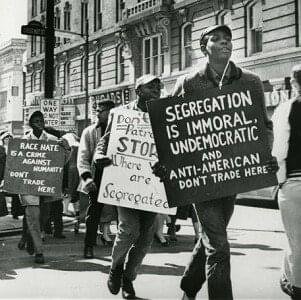A recent study published in JAMA Health Forum highlights the significant impact of racial residential segregation on prenatal mental health outcomes. The research reveals that Black individuals living in highly segregated neighborhoods are at a greater risk of experiencing prenatal depression and anxiety compared to those in less segregated areas.
The study, conducted by researchers from Kaiser Permanente Northern California, analyzed mental health data from over 200,000 pregnant individuals between 2014 and 2019. Participants included Asian, Black, Hispanic, and White individuals who attended at least one prenatal care visit. The researchers used the Getis-Ord Gi* statistic to measure the level of racial residential segregation in neighborhoods, classifying them as high, medium, or low segregation areas.
Results showed that Black individuals had the highest prevalence of prenatal depression (18.3%) and anxiety (18.4%). Those living in highly segregated areas had a 25% greater likelihood of experiencing prenatal depression and a 14% higher likelihood of anxiety compared to their counterparts in less segregated areas. In contrast, high segregation was associated with reduced odds of depression and anxiety for Asian, Hispanic, and White individuals.
The findings underscore the role of structural inequities in contributing to health disparities. The researchers suggest that implementing social and public health policies that prioritize investment in highly segregated neighborhoods could improve prenatal mental health outcomes and reduce ongoing health disparities, particularly among pregnant Black individuals.
See “Racial Residential Segregation Linked to Prenatal Mental Health Disparities” (November 20, 2024)


